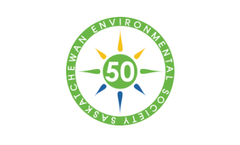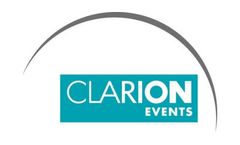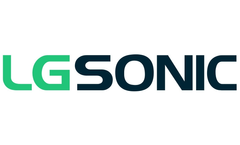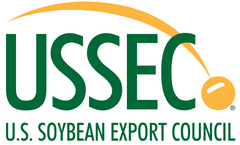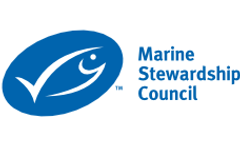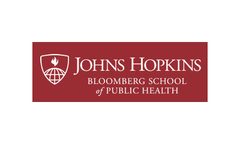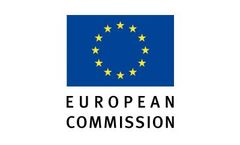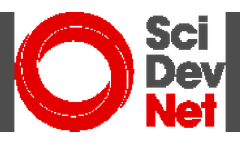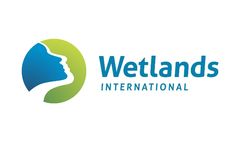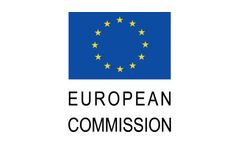Fishery Resource Articles & Analysis
26 news found
The fifty-year old conservation organization, Saskatchewan Environmental Society (SES) says a new Saskatchewan irrigation plan needs an Environmental Assessment to ensure that the project does not negatively impact our most precious resource: water. On July 2, 2020 the Government of Saskatchewan announced that work would begin immediately on a $4 billion plan to irrigate some ...
In fact, analysts have observed a negative impact of resource abundance—particularly mineral resources—on long-term economic growth. To establish the key drivers of the long-term negative impact, analysts have studied the growth in per capita income in forty-seven African countries from 1990 to 2014 and compared it with each country’s primary ...
Sea lice are the most significant and widespread parasites in open sea aquaculture, causing health issues to cultured fish and a severe risk for the marine environment. The economic damage resulting of sea lice exceeds € 1 billion per year globally in reduced production, quality and pharmacological treatment costs. A European Consortium, coordinated by LG Sonic, started the LiceSonic Project ...
USSEC recently met with the Philippines’ Department of Agriculture – Bureau of Fisheries and Aquatic Resources (DA-BFAR) in Diliman, Quezon City to learn their plans and program for the country’s aquaculture sector over the next five years. The head of the Inland Fisheries and Aquaculture Division presented the newly approved ...
USSEC recently organized the first meetings on aquafeed in Morocco. These one-on-one visits with operation managers focused on the use of U.S. soybean protein concentrates (SPC), soybean meal, and lecithin in aquafeeds. USSEC consultant and aquafeed expert Tim O’Keefe presented the benefits of sound aquaculture based on sustainable feed resources, highlighting the importance of U.S. soy ...
This is especially a challenge in data-poor fisheries in developing countries. Knowledge sharing and research should be encouraged to further develop solutions to allow long-term success in managing meta-population ...
“To fill this gap, aquaculture is replacing natural fisheries as a major source of edible seafood. Many aquaculture methods are safe and sustainable. However, some methods pose unnecessary risks to public health and deplete natural resources.” Overfishing has depleted wild fish stocks and damaged marine resources, and fish farms have ...
Uniform enforcement of quotas and effort means that fishermen from different European countries enjoy a level playing field on the fishing grounds which they share: fishermen will thus have access to sustainable fisheries resources in an equitable way, based on a timely and accurate control of their activity. ...
In coastal and maritime areas, many activities compete for the same space and resources: fishing grounds, aquaculture farms, marine protected areas exist alongside maritime infrastructures such as cables, pipelines, shipping lanes and oil, gas and wind installations. ...
The assessment documents what we’ve feared for years—Pebble Mine would destroy the world-class wild salmon fishery, cost jobs and endanger the communities and wildlife that depend on it. ...
The study, which tracked fishing from space, found that actual catches taken from Persian Gulf fisheries could be six times greater than the official numbers the Gulf states reported to the UN’s Food and Agriculture Organization (FAO). ...
This will safeguard the marine resources. Banning discards Discarding - the practice of throwing unwanted fish overboard - is estimated at 23% of total catches (substantially more in some fisheries). ...
The decision is consistent with the EU's international commitment to ensuring the sustainable exploitation of fisheries resources at home and abroad. The EU's approach towards combatting illegal fishing reflects the fact that IUU fishing is a global criminal activity which is harmful not only to EU fishermen and markets but also to local communities in developing ...
The Eastern Baltic cod fishery has become the first fishery from Poland to enter into assessment against the MSC standard for well-managed and sustainable fisheries. If successful, the fishery will be eligible to show the blue MSC ecolabel on its cod catch from the Eastern Baltic Sea. ...
The MSC has launched a new online fisheries science research library, MSC Science Series, which will provide open access to the science that underpins the MSC standards. The series will present the latest research on issues relating to fishery resources, marine habitats, ecosystems and other key topics. The platform will serve as a knowledge ...
Sobé and other villages in the Mali Inner Niger Delta are threatened by the desert's sand. Communities are forced to rebuild their homes every two years to avoid burial by sand dunes, which are moving as a result of degradation of the Savannah. The sand is also blowing into Debo Lake, a major resource for fresh water, fish and other wetlands products for the communities surrounding the ...
This yearly deduction exercise allows the Commission to immediately address the damage done to the stocks overfished in the previous year and ensure a sustainable use by Member States of common fishery resources. Maria Damanaki, Commissioner for Maritime Affairs and Fisheries, said: "As we now work towards the implementation of the reformed ...
The NEPAD (New Partnership for Africa's Development) Planning and Coordinating Agency (NPCA), with funding from the UK’s Department for International Development (DFID), has committed US$100,000 each to a rock lobster fishery in Kenya and to Tanzania’s octopus fishery, for the implementation of Fisheries Improvement Projects (FIPs) ...
The MSC has awarded a fifth student scholarship to develop the knowledge and understanding of fisheries biology and management. Each student has received a travel and study scholarship up to the value of £4,000. ...
In addition, the new indicators suggest that fish stocks on the seabed around Italy are continuing to decline. In the EU, fisheries are regulated through the Common Fisheries Policy1. In 2008, as part of the move to an ecosystem-based approach to fisheries management, the European Commission established the Data Collection Framework2 (DCF), for ...

